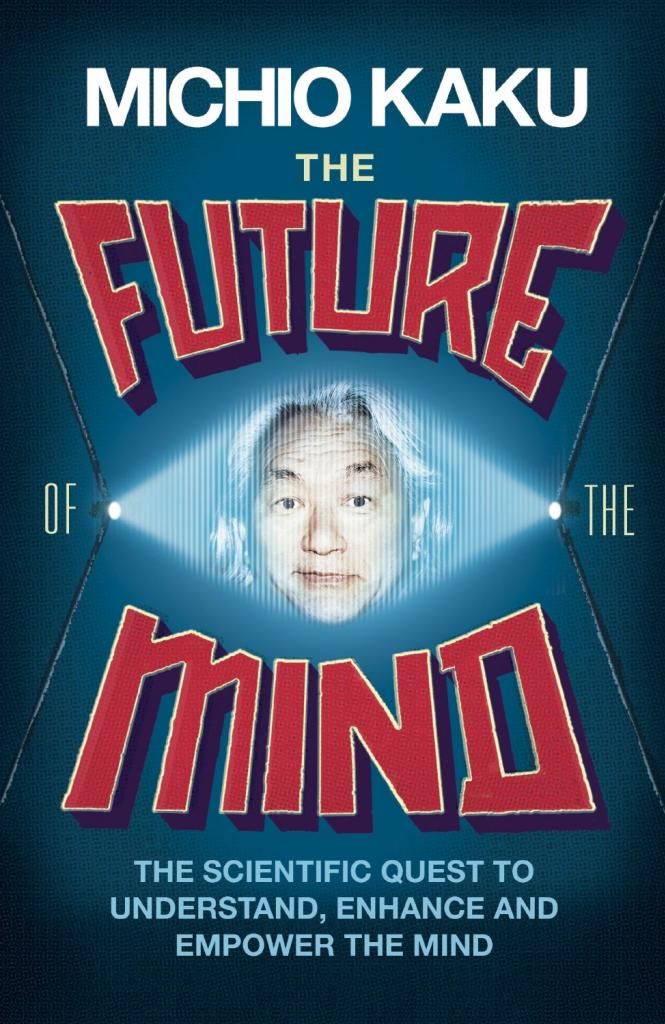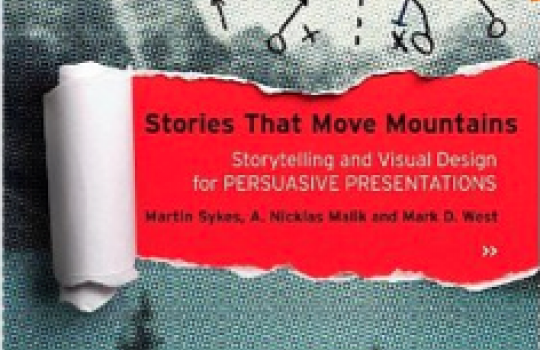Technically speaking, the last book I read was one written by an 18th century French monk about abandonment to divine providence. I read its English translation done in the 20s. The forward to the book claimed that although addressed mainly to clergy, it was a full of advice relevant and helpful to those of us in the laity as well. Unfortunately, I couldn't agree with that assertion. There were some parts with which I identified a bit too much for my mental and spiritual comfort, but still.....I was left unconvinced and also partially disappointed. Unfortunately, I don´t think I can blame any of that on the three centuries past since its creation, because its sentiments reverberate to this day within the Church. There was an almost definite sense of superiority in the approach to spiritual life, as if us, worldly people with our 'inferior needs' and 'petty concerns' are far less valuable in God's eyes. It may very well be so, but we are the 99%. Hopefully, God has more attention and affection for us than some of His messengers on this earth. After all, even monks, priests and nuns need families to be born and raised in until they find their higher calling.....while the rest of the world needs schools and hospitals, politicians and artists, builders and soldiers.
I've also read some other things, on fishery management of all things. I'm bound to read some more scholarly work soon, if and when I manage to ramble a bit less around here.........apparently that also includes Joe Vogel's piece on androgyny in the 80s

And btw of spiritual matters, one item that I really need to read but one that I expect to agree with wholeheartedly is
the Pope's latest encyclica, Laudato Sí – the first Papal document fully dedicated to the issue of climate change
http://w2.vatican.va/content/dam/francesco/pdf/encyclicals/documents/papa-francesco_20150524_enciclica-laudato-si_en.pdf Popes John Paul II and Benedict XVI already spoke on the matter, but Pope Francis focuses on it even more. Written in advance of the upcoming UN climate conference in Paris in December it was an eagerly awaited document, not just by crazy, little me.
From the little fragments and comments I saw on the NY Times blog I couldn't be happier about its content – not only does the Pope bring out the overwhelming scientific evidence which supports the anthropogenic causes of climate change (unlike other people in "Christian" circles who were quick to trash his work), but he is also unafraid to talk of the social consequences on the poorest of the planet, since they are the most vulnerable to its nefarious consequences. And to top it all of, his plea for ecology does focus on the dignity of the human being, something which extreme fringes of the environmental movement can overlook at times. The fact that the document got its name and first words from the Canticle of the creatures is beautiful as well. But it is natural, after all Saint Francis is the patron saint of ecology. This document is most timely and most appropriate and I cannot wait to read it.
Some others things I meant to read for years now include these two:
Animal Spirits: How Human Psychology Drives the Economy, and Why It Matters for Global Capitalism by George Akerlof and Robert Shiller
This Time Is Different: Eight Centuries of Financial Folly by Carmen Reinhart, Kenneth Rogoff
Not sure when I'll get around to it though considering all the issues on my plate.










